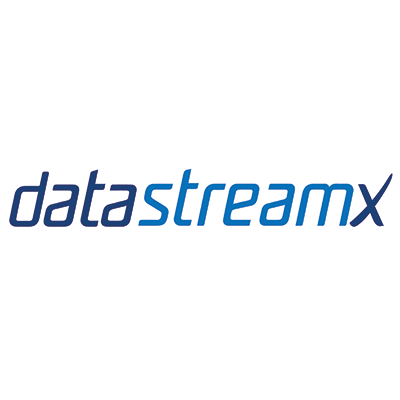Frequently Asked Questions
What is AML?
AML (Anti-Money Laundering) refers to a set of laws, regulations, and procedures designed to prevent the illicit use of the financial system for money laundering and other criminal activities.
In the context of cryptocurrency, AML regulations aim to prevent the use of cryptocurrencies for illegal activities such as money laundering, terrorist financing, and other illicit transactions. AML regulations require cryptocurrency exchanges, wallets, and other service providers to implement measures to identify and prevent illegal activity, such as verifying the identity of their customers and reporting suspicious transactions.
AML regulations for cryptocurrency are still evolving, and vary from country to country. In some countries, such as the United States and the European Union, AML regulations for cryptocurrency are relatively well-developed, while in others, such as some emerging markets, AML regulations for cryptocurrency are still in the early stages of development.
Cryptocurrency companies operating in regulated markets are required to comply with AML regulations, and failure to do so can result in significant fines, legal liability, and reputational damage. As a result, AML compliance is an important consideration for companies operating in the cryptocurrency space.
What background do I need to work in an AML role?
To work in an AML in the crypto and web3 industries, you will typically need the following background:
- Relevant education: Many AML roles in the crypto and web3 industries require a bachelor's degree or higher in a relevant field such as finance, law, or accounting.
- Compliance and regulatory experience: Prior experience working in compliance and regulatory roles, particularly in the financial services industry, is highly valued in the crypto and web3 industries.
- Understanding of AML regulations: You should have a strong understanding of AML regulations, both globally and in the specific countries where you are working. This includes an understanding of the latest developments and changes in AML regulations.
- Familiarity with cryptocurrency and blockchain technology: You should have a good understanding of the basics of cryptocurrency and blockchain technology, as well as the specific use cases and applications within the crypto and web3 industries.
- Strong analytical and problem-solving skills: AML roles in the crypto and web3 industries often involve analyzing large amounts of data to identify and prevent illicit activity. Strong analytical and problem-solving skills are essential.
- Strong communication and interpersonal skills: Good communication and interpersonal skills are important in AML roles in the crypto and web3 industries, as you will be working with a variety of stakeholders, including other compliance and regulatory professionals, technology teams, and customers.
Having a combination of these skills and experiences can make you well-suited for a career in AML in the crypto and web3 industries. However, as the industry evolves, the specific skills and experiences required for AML roles may change, so it is important to stay informed about the latest trends and developments in the industry.
Which areas of AML does Crypto have?
The areas of Anti-Money Laundering (AML) that are most relevant to the crypto and web3 industries include:
- Customer Due Diligence (CDD): This involves verifying the identity of customers, and assessing the potential risks associated with their activities.
- Transaction Monitoring: Monitoring cryptocurrency transactions to detect and prevent illicit activities, such as money laundering, terrorist financing, and other illegal activities.
- Sanctions Screening: Screening transactions against lists of sanctioned individuals and entities to ensure that they are not involved in illegal activities.
- Risk Assessment: Assessing the risks associated with specific cryptocurrency exchanges, wallets, and other service providers, and implementing measures to manage these risks.
- Regulatory Compliance: Staying informed about and complying with the latest AML regulations and guidance issued by relevant regulatory bodies, such as the Financial Action Task Force (FATF).
- Reporting and Record Keeping: Keeping records of transactions and customer information, and reporting suspicious activities to the relevant authorities.
These are some of the key areas of AML that are relevant to the crypto and web3 industries. As the industry continues to evolve, new areas of AML may emerge, and it is important for AML professionals in the crypto and web3 industries to stay informed about the latest trends and developments.
What are popular Job Tittles related to AML Crypto Jobs?
Some popular job titles for AML professionals in the crypto and web3 industries include:
- AML Compliance Officer
- AML Analyst
- AML Investigator
- AML Risk Manager
- AML Operations Specialist
- AML Compliance Manager
- AML Specialist
- AML Director
- AML Operations Manager
- AML Consultant
These are just some examples of the many job titles that are related to AML in the crypto and web3 industries. The specific job titles and responsibilities may vary depending on the size and type of organization, as well as the specific area of AML that the person is working in.












































